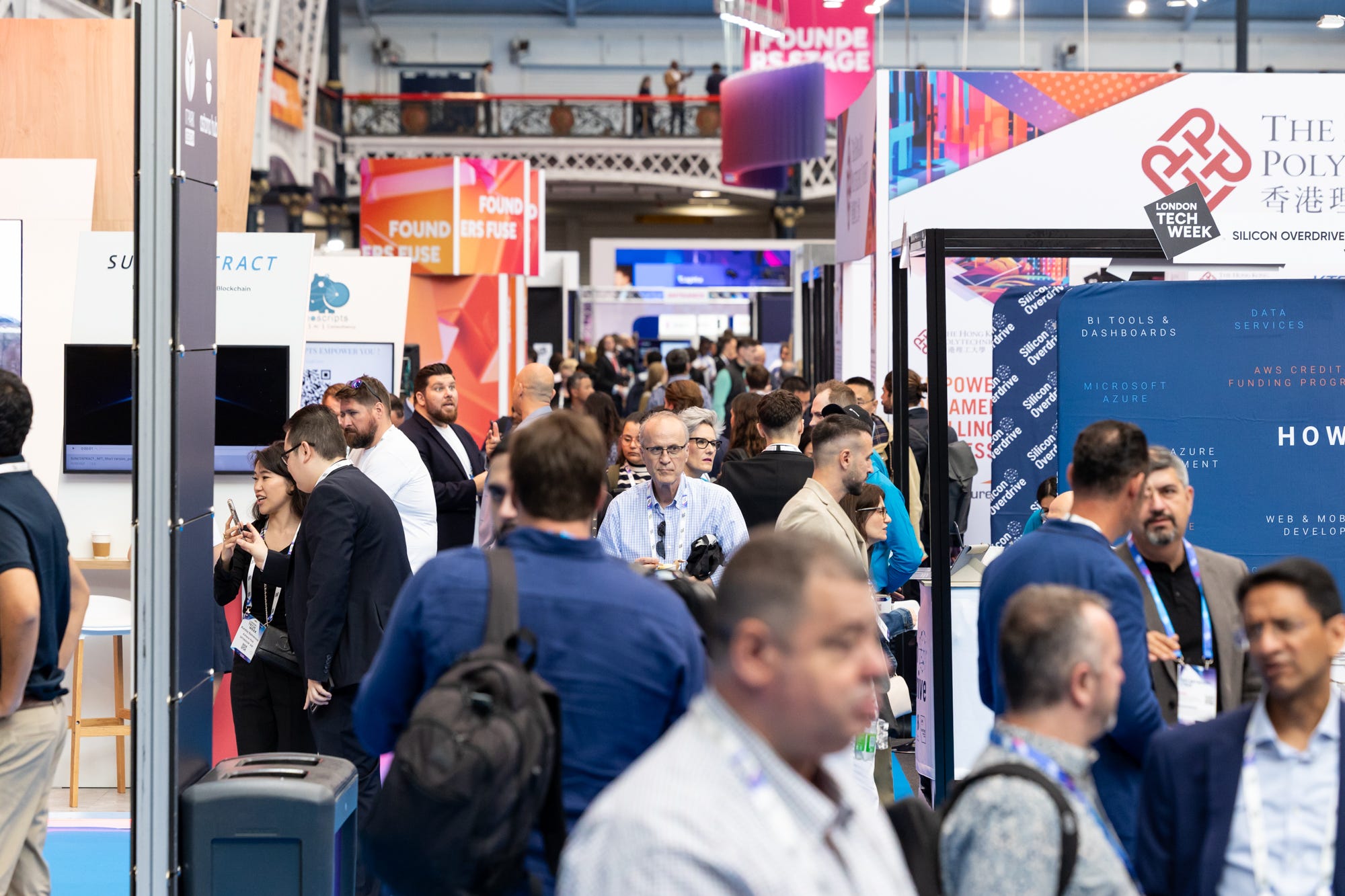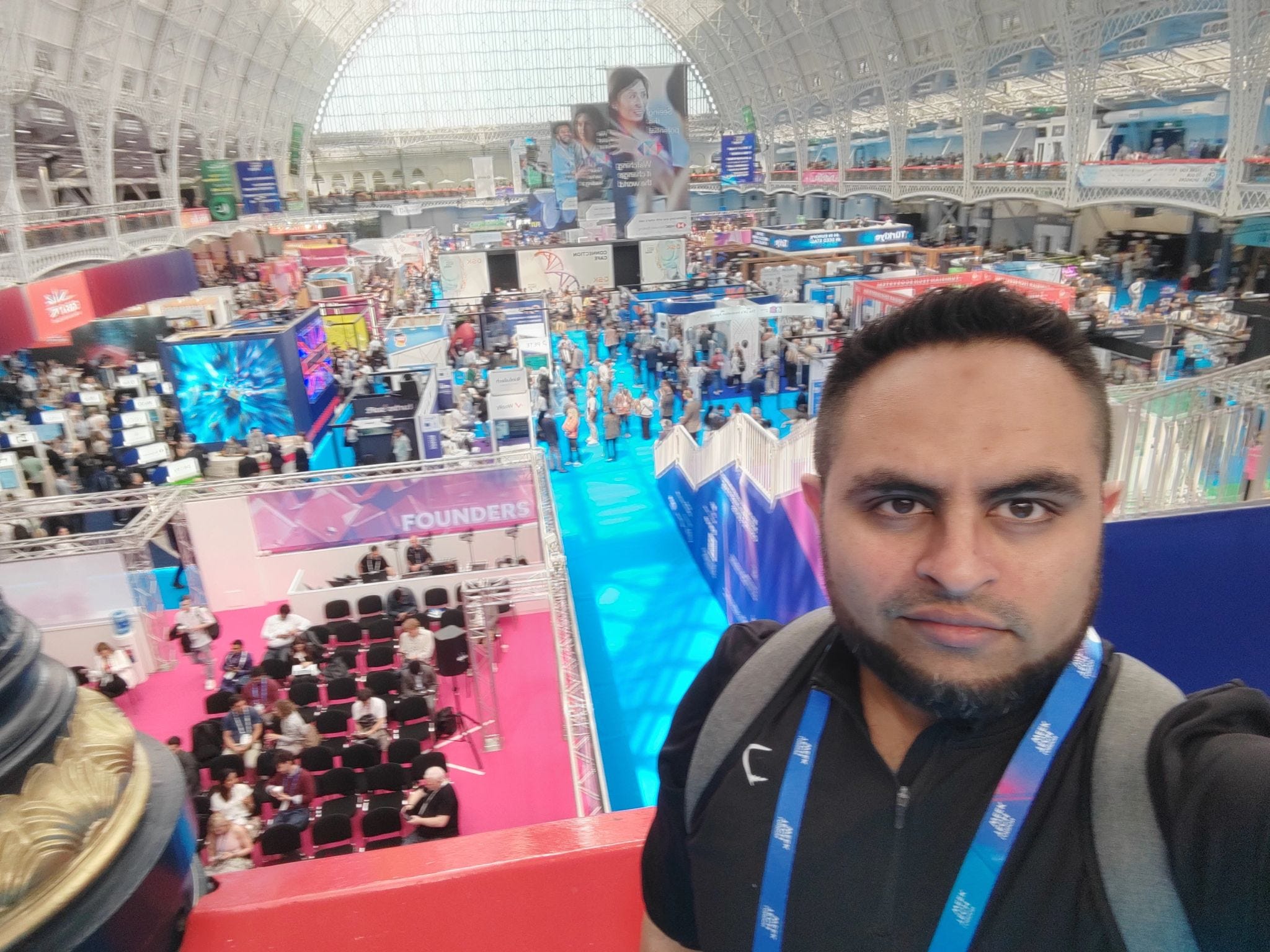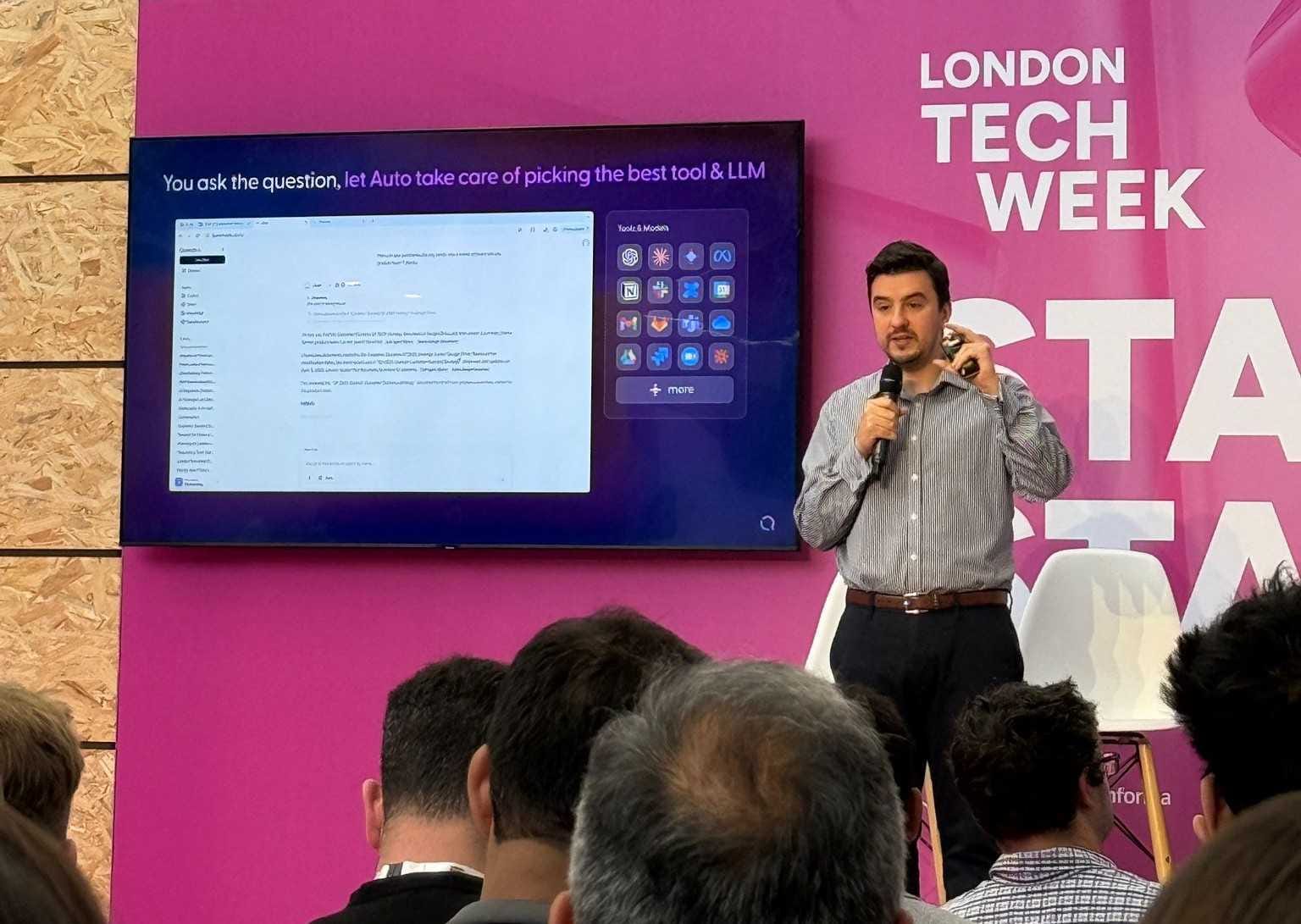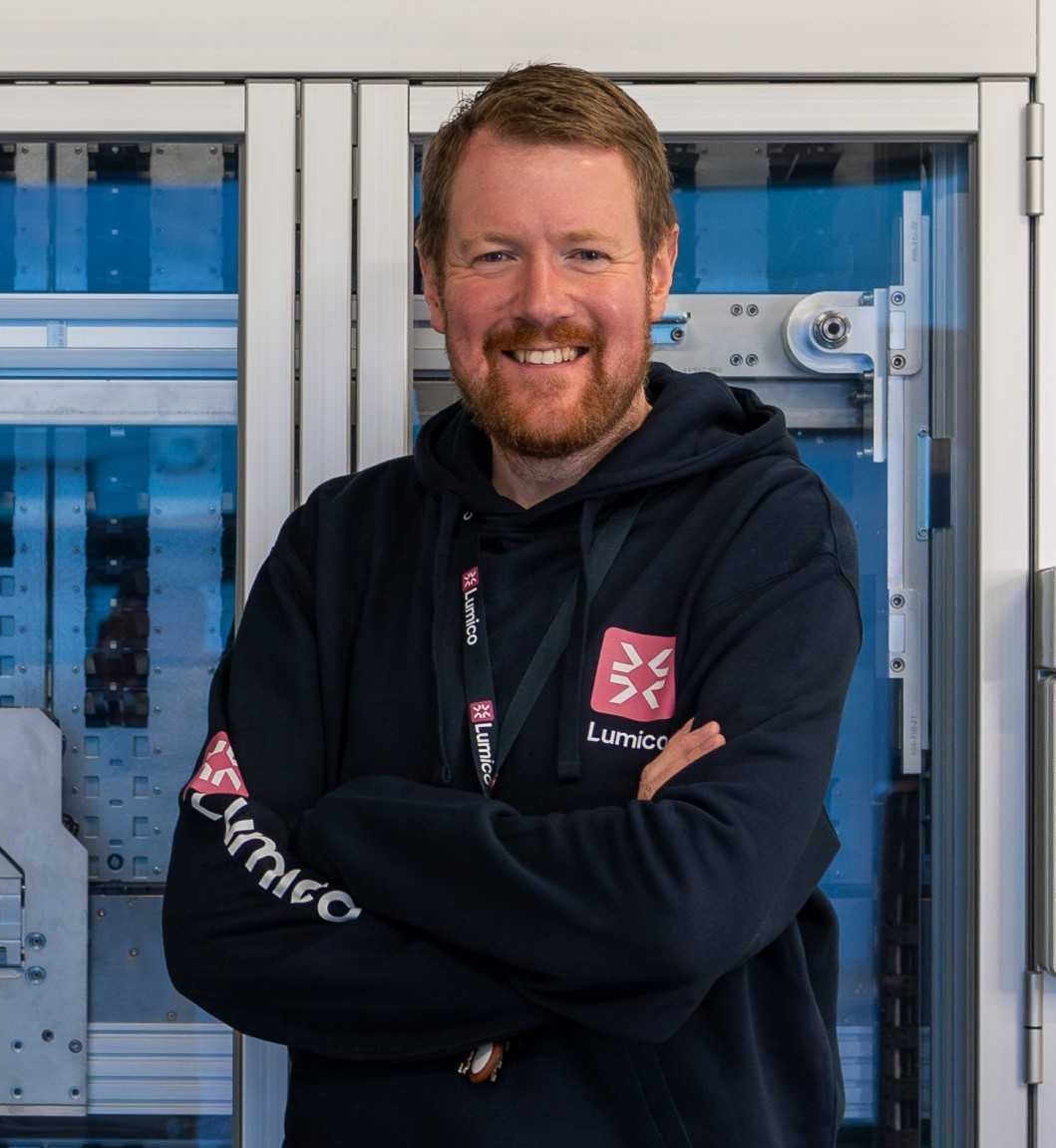
London Tech Week
I asked four founders whether AI will take jobs, as tech’s big guns argue about how it will transform the future of work.
During his European tour last week, Nvidia CEO Jensen Huang slapped down Anthropic CEO Dario Amodei for warning AI could wipe out half of all entry-level white-collar jobs.
At London Tech Week, where Huang delivered the keynote, founders told me how they use AI day-to-day — and whether they are worried about AI’s impact on the job market.
They all expected some form of disruption, but some were more pessimistic than others.
Isa Mutlib, CoTalent AI

Isa Mutlib
Isa Mutlib, founder of CoTalent AI, said he uses AI to access and process information faster in his daily work, such as coding and content generation.
He estimated AI was saving his company, which deploys customizable AI agents for businesses, between 50% and 70% of time on tasks. He said this meant it could deploy minimum viable products to clients within days rather than months.
Mutlib said he was “long-term optimistic, short-term pessimistic” about AI’s impact on jobs.
He expects “some significant job losses immediately,” but he said he thought that, over the long term, AI would create new opportunities.
He said this pattern was “not unusual” during past technological revolutions.
He said organizations need to rethink how they approach skills and work, adding that some skills thought essential 10 years ago were “no longer relevant.”
“People need to understand that the future of work is changing,” he added. “We’ve really got to think about it with a fresh new mindset.”
Husayn Kassai, Quench AI

Quench AI
Husayn Kassai, founder of Quench AI, said AI threatens entry-level jobs in programming, customer service, and law, as it can do the type of work junior employees have historically done.
He said this made early-stage career progression harder, adding, “The career ladder is getting lifted up.”
Kassai cited the example of law firms, saying they would historically have paralegals do the kind of research and administrative work that AI is now increasingly being used for.
He said generative AI was accelerating a decades-long “automation trend” that was causing a global rise in “underemployment and low-wage employment.”
Workers wouldn’t compete directly against AI but would compete with each other, he said, with those proficient in AI at an advantage.
Kassai said Quench, whose platform lets employees use AI agents to handle tasks based on company data, uses AI tools widely through its operations, including Cursor among its engineers. AI means his 14-strong startup can do work that would have required “35 or 40 people” a decade ago, he said.
AI won’t ever be able to replace humans for “relationship-based stuff,” he said.
Steven Kennington, Lumico

Lumico
Steven Kennington, the cofounder of Lumico, said AI is “world-class” at solving technical and mathematical problems.
Kennington said engineers at Lumico, which develops software and hardware for businesses, sometimes use AI tools like GitHub Copilot.
He compared it to having an experienced programmer next to you. But he also said he was worried that vibe coding, where users describe what they want in plain-language prompts and AI generates code to make it happen, could lead to more junior developers implementing AI-generated code without understanding it.
Kennington said he expected an “unavoidable” skills gap as more people outsource work to AI instead of learning skills, whether that’s coding or students using it to do homework.
He said he thought those who rely on AI for shortcuts and don’t develop the right skills would be “weeded out” over time, meaning experienced engineers would remain valuable.
He said the “real engineers” of the future would be the ones who “know when to use it and when to not use it.”
Matthew Sarre, Jumpstart

Jumpstart
Matthew Sarre, the cofounder of Jumpstart, a talent platform for startups, said he used ChatGPT for “pretty much anything and everything,” including ideas for LinkedIn posts and advice on “how to pull off a marketing or sales stunt.”
He said he saw no direct impact on jobs for him and his company, but added he thought AI would “cause layoffs in the short term” for low-skilled roles.
However, looking further ahead, Sarre said, “History has shown us time and time again that technology does not replace jobs in the long term, rather it complements jobs.”
He said AI was still a “dumb muscle” that relied on humans, even though it creates “awesome” things.
But, he said, in light of the number of AI agents now entering the market, “I may be about to eat my words.”
The post I asked 4 founders if they are worried about AI taking jobs. Here’s what they told me. appeared first on Business Insider.




